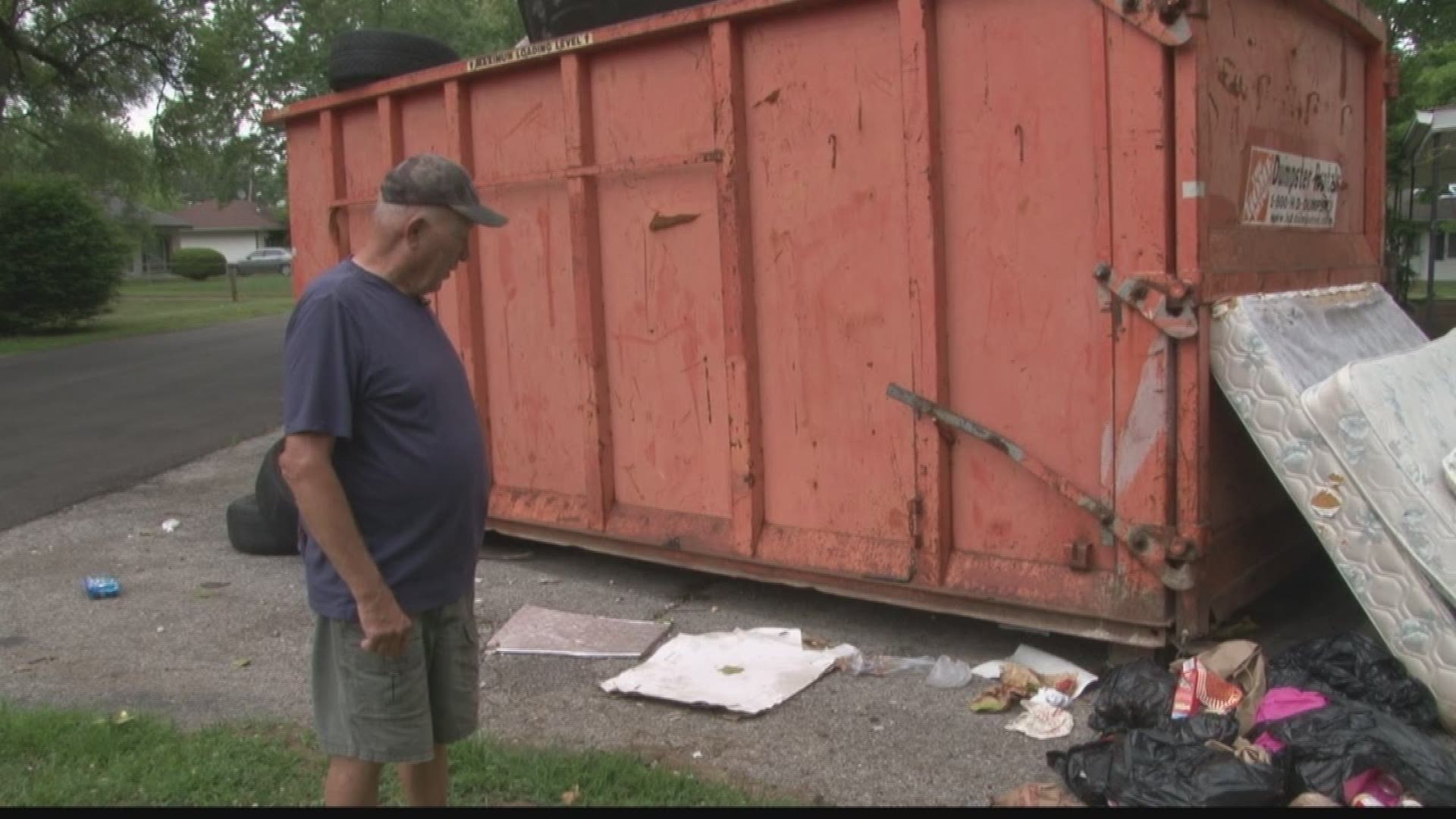

In 2017 around 110 children were involved.īut this doesn’t deter him at all. He and local officials estimate they need to reach 30,000 kids to really tackle the issue. Garbage in Honduras: Kids at work with Clean Beaches Honduras / Brad Campkin The only roadblock Campkin sees is the scope of the problem. Also a snack afterward and school supplies as a reward,” says Campkin. “Donations pay for clear and regular garbage bags to separate recyclable from refuse and gloves for the kids. On the Fridays the kids are not cleaning up beaches, streets, and rivers around Santa Fe, they attend classes to learn about the effects of pollution and the benefits of recycling. We went back to our condo and I created the campaign” Brad Campkin, Clean Beaches Honduras.Ĭlean Beaches Honduras now organizes cleanups every other Friday, with local schoolchildren participating, in the town of Santa Fe, close to Trujillo. As we walked, we talked of how garbage is ruining the ocean, the local ecosystem, and how it’s a health hazard. My wife and I were walking along the beach one day when I commented on all the plastic and household waste. “We are winter visitors and fell in love with the Bay of Trujillo in 2014. Garbage in Honduras: Schoolchildren on cleanup duty with Clean Beaches Honduras / Paul McCurdy Expats Brad and Isobel Campkin have started a project in the Trujillo area called Clean Beaches Honduras.Ĭlean Beaches Honduras also has a GoFundMe campaign under the same name set up to support clean up activities around Trujillo. As these become more affordable, they will find their way into Central America.

Landfill sites that are accessible and monitored. But effective prosecution can be a problem. Trujillo had a crew going out before “ship day” (when a cruise ship arrives in port) and Santa Fe has school brigades. Some may remember the “Don’t Be A Litterbug” campaign from the 50s and 60s. By starting with children, the culture towards garbage may someday change.
Garbage in spanish how to#
Teach children about pollution and waste and how to control it.

It’s about changing a culture and the way people think, about changing people’s priorities. The issue of garbage in Honduras is going to take time. And when storms occur, it all comes up and finds its way into the ocean and along the beach. In beach towns like Trujillo, it’s common for people to bury their waste in the sand. There may be the occasional compost, but most times people bundle everything together and dump it on the side of the road. Recycling is rare in Honduras unless there’s cash value involved, and not much even then. This is the crux of the issue of garbage in Honduras. What is now garbanzo in Spanish and English was arvanço in Old Spanish, and the g- that got added at the beginning seems due to influence from Spanish garroba, a word of Arabic origin that means ‘carob.’ Both plants are in the legume family and produce beans, but I wouldn’t try interchanging them in any recipes.įrom garbanzo Spanish has created garbancero, which as an adjective means ‘pertaining to chickpeas’ and as a noun is ‘a person who deals in chickpeas.’ The DRAE also gives the noun the extended meaning ‘a thing or person that’s commonplace, ordinary.’ The diminutive garbanzuelo is literally ‘a small garbanzo’ but a secondary sense is ‘a disease that afflicts a horse’s legs and can produce small tumors,’ which presumably look something like little garbanzos.More roadside garbage in Honduras / Paul McCurdy For poor people, finding money for food and shelter is more important than finding a good place to dispose of trash. The question “Does garbanzo have a connection to Spanish” is a strange one, because garbanzo is a Spanish word, which English has taken to using alongside the earlier and still current chickpea. Oh well, no success there, so I turned to the next word in my English dictionary, garbanzo. Garbage appeared only in Middle English, when it meant ‘offal of fowls,’ and its origin is uncertain.

I couldn’t find any, and it’s not even clear that the -age ending is the French-derived suffix that corresponds to Spanish -aje. Garbage pickup is once a week in Austin, and as I dutifully carried out my bit of trash one Wednesday, which is the day for my neighborhood, I wondered if garbage might have any connection to a Spanish word.


 0 kommentar(er)
0 kommentar(er)
